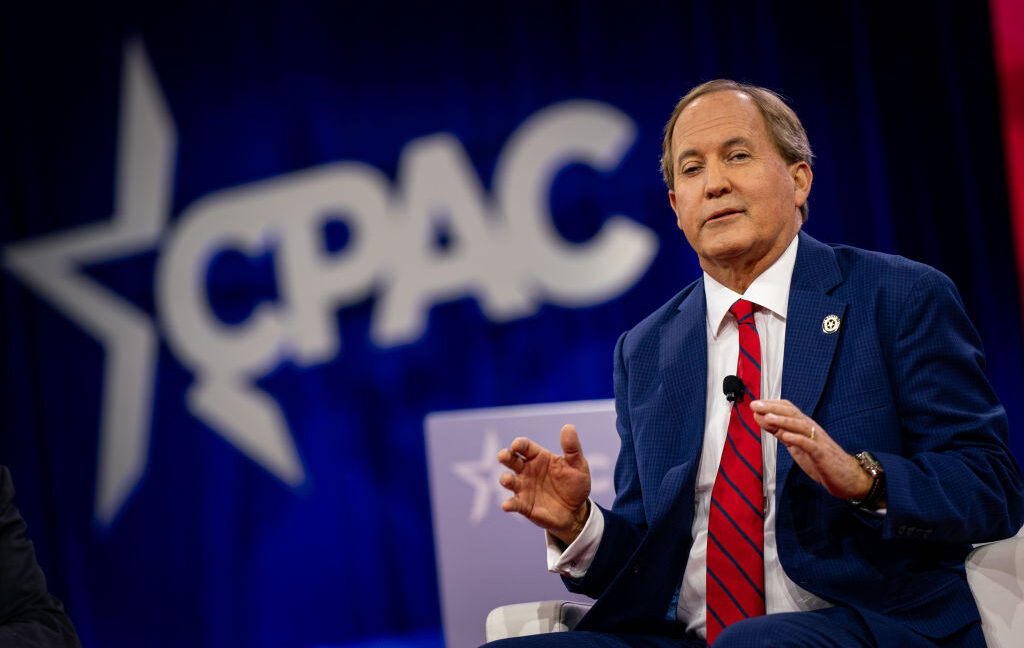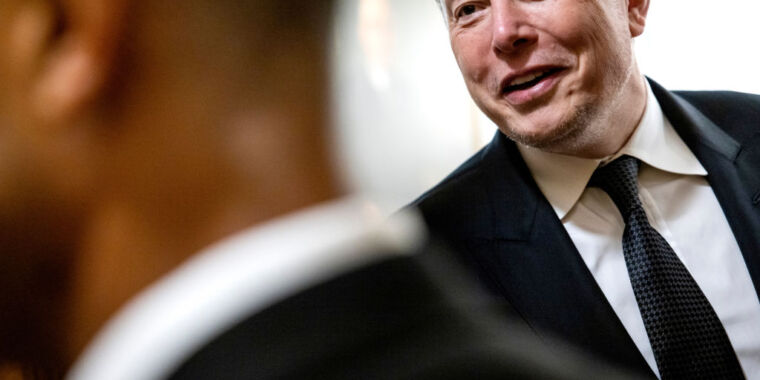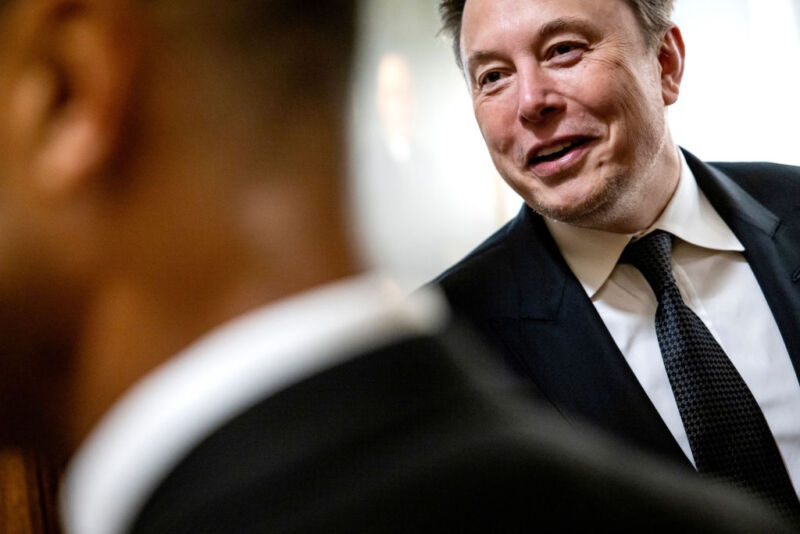Texas AG loses appeal to seize evidence for Elon Musk’s ad boycott fight
If MMFA is made to endure Paxton’s probe, the media company could face civil penalties of up to $10,000 per violation of Texas’ unfair trade law, a fine or confinement if requested evidence was deleted, or other penalties for resisting sharing information. However, Edwards agreed that even the threat of the probe apparently had “adverse effects” on MMFA. Reviewing evidence, including reporters’ sworn affidavits, Edwards found that MMFA’s reporting on X was seemingly chilled by Paxton’s threat. MMFA also provided evidence that research partners had ended collaborations due to the looming probe.
Importantly, Paxton never contested claims that he retaliated against MMFA, instead seemingly hoping to dodge the lawsuit on technicalities by disputing jurisdiction and venue selection. But Edwards said that MMFA “clearly” has standing, as “they are the targeted victims of a campaign of retaliation” that is “ongoing.”
The problem with Paxton’s argument is that” it “ignores the body of law that prohibits government officials from subjecting individuals to retaliatory actions for exercising their rights of free speech,” Edwards wrote, suggesting that Paxton arguably launched a “bad-faith” probe.
Further, Edwards called out the “irony” of Paxton “readily” acknowledging in other litigation “that a state’s attempt to silence a company through the issuance and threat of compelling a response” to a civil investigative demand “harms everyone.”
With the preliminary injunction won, MMFA can move forward with its lawsuit after defeating Paxton’s motion to dismiss. In her concurring opinion, Circuit Judge Karen L. Henderson noted that MMFA may need to show more evidence that partners have ended collaborations over the probe (and not for other reasons) to ultimately clinch the win against Paxton.
Watchdog celebrates court win
In a statement provided to Ars, MMFA President and CEO Angelo Carusone celebrated the decision as a “victory for free speech.”
“Elon Musk encouraged Republican state attorneys general to use their power to harass their critics and stifle reporting about X,” Carusone said. “Ken Paxton was one of those AGs who took up the call, and his attempt to use his office as an instrument for Musk’s censorship crusade has been defeated.”
MMFA continues to fight against X over the same claims—as well as a recently launched Federal Trade Commission probe—but Carusone said the media company is “buoyed that yet another court has seen through the fog of Musk’s ‘thermonuclear’ legal onslaught and recognized it for the meritless attack to silence a critic that it is,” Carusone said.
Paxton’s office did not immediately respond to Ars’ request to comment.
Texas AG loses appeal to seize evidence for Elon Musk’s ad boycott fight Read More »


